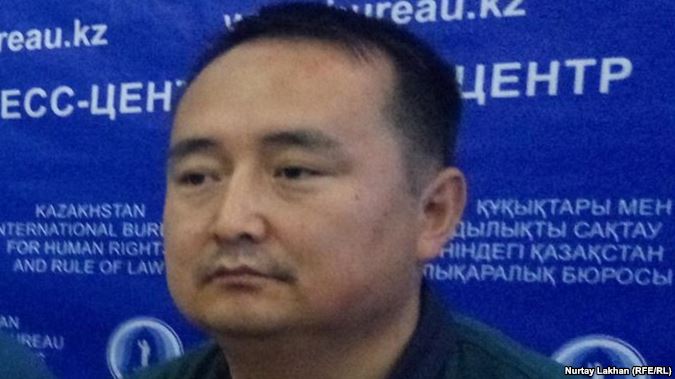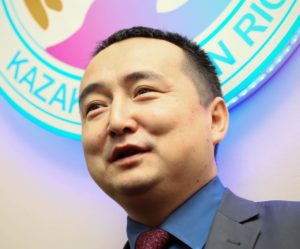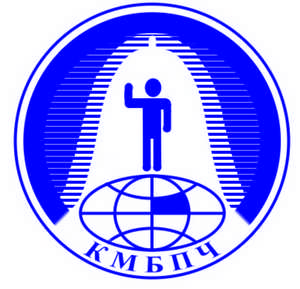SERIKZHAN BILASH, an ethnic Kazakh from China who is a naturalised citizen of Kazakhstan, is a thorn in China’s side. The combative campaigner has helped expose the horrors of China’s gulag to the world: the network of camps in which perhaps 1m people have been interned in Xinjiang province, which borders Kazakhstan. Most of the detainees are Uighurs, Xinjiang’s main indigenous group. Others are Kazakhs and Kyrgyz. All these ethnicities speak Turkic languages and are mainly Muslim, like their kin in neighbouring Central Asia.
When news of the “re-education camps” filtered out in 2017, China flatly denied their existence. It later changed tack, describing them as vocational centres teaching minorities useful skills, as a means to quell religious extremism. Xinjiang has witnessed some violent attacks, amid tensions between Han Chinese migrants and Uighurs, some of whom dream of forming their own separate state. These centres make minorities’ lives more “colourful”, Shohrat Zakir, Xinjiang’s governor, blustered last year, with breathtaking chutzpah. But Mr Bilash’s work over the border in Kazakhstan gave the lie to such blithe justifications. He collected and disseminated disturbing testimony from former internees, who detailed forced indoctrination involving the denigration of the religion and culture of Xinjiang’s minorities.




Для отправки комментария необходимо войти на сайт.